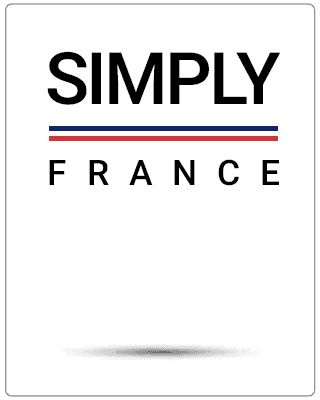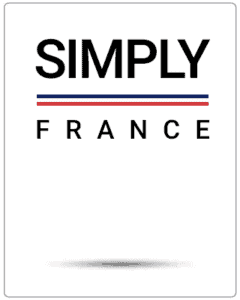French culture is rich and varied, with influences from all over the world. From the famous food and wine to the beautiful architecture and art, there is so much to discover. With a long history dating back to the Roman Empire, France has been a major cultural force in Europe for centuries. Here are some things you should know about French culture and customs.
The French Culture and Customs
French culture has long been celebrated for its art, food, wine, fashion, and architecture. But there is more to French culture than just these things. The French people have a unique way of life that is steeped in history and tradition. If you are planning a trip to France, or if you simply want to learn more about French culture.
Here are a few simple etiquette tips, so you can ensure that your interactions with the French are enjoyable and memorable:
- The French are well known for their polite and formal mannerisms. When meeting someone for the first time, it is customary to shake hands and exchange greetings. It is also important to maintain eye contact during conversation.
- It is also important to remember to use proper titles when addressing people. For example, you should never call someone by their first name unless you are invited to do so.
- The French tend to stand close when talking to someone, so do not be alarmed if you are approached in this way. In general, it is best to speak softly and avoid loud or lengthy conversations in public places such as restaurants or cafes.
- When inviting someone into your home, it is considered impolite to enter without being invited. Likewise, guests should not stay too late or overstay their welcome. The French place a high value on personal privacy, so it is important to respect these boundaries.
- French culture is also renowned for its cuisine. Some of the world’s most beloved dishes come from France, including Soupe à l’oignon, Coq au vin and Croque-monsieur. If you are lucky enough to be invited to a dinner party in France, be sure to arrive on time and bring a small gift for your hostess.
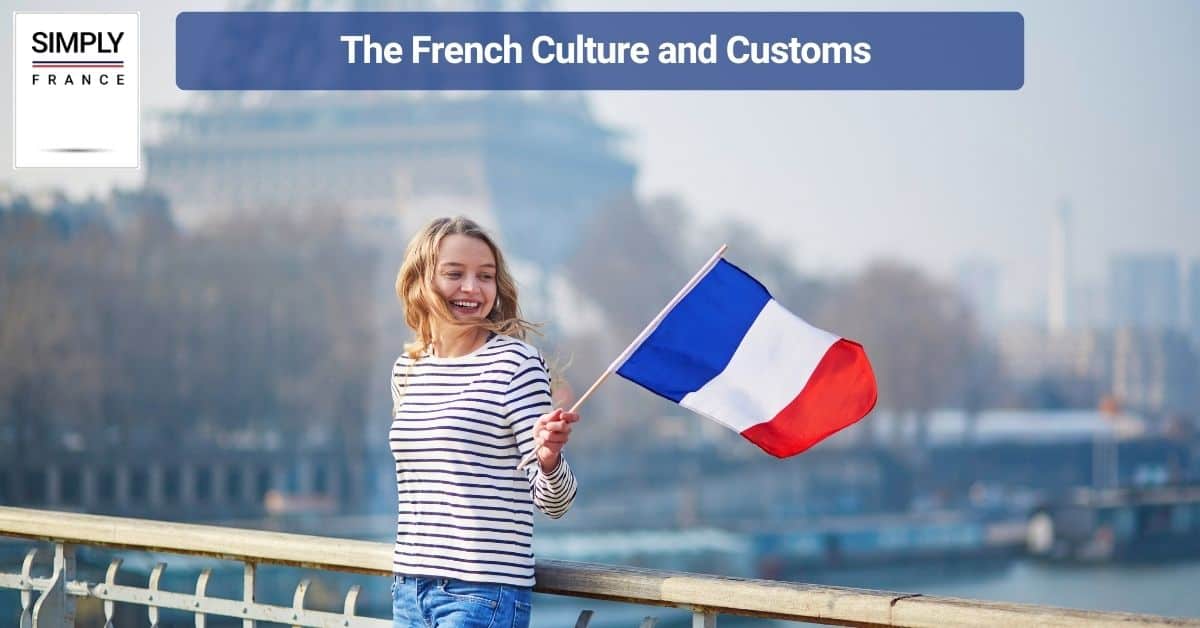
The French History
French History is a rich and complicated one, filled with economic, political, and military conflict. For centuries, France was ruled by a monarchy, with a small group of nobles holding most of the power. The monarchy frequently clashed with the powerful Church, leading to a series of religious wars.
In 1789, the French Revolution began, overthrowing the monarchy and giving rise to a republic. However, the new government was soon embroiled in a series of wars with other European powers. In 1871, Germany defeated France in the Franco-Prussian War, leading to the establishment of the German Empire.
France would spend the next few decades trying to recover from its defeat, culminating in World War I. Although France was once again victorious, the war left the country devastated. In 1940, Germany invaded France once again, this time successfully occupying the country.
The occupation would last for four years until Allied forces liberated France in 1944. Since then, France has remained one of the leading powers in Europe.

The French Language
When traveling to France, it is important to know some of the basic phrases in the French language. This will allow you to communicate effectively with the locals and make your trip more enjoyable. While most people in France speak English, they will appreciate your efforts to speak their language. Here are some basic tips for communicating in French:
- Greeting people: When greeting someone, it is customary to say “Bonjour” ( hello) and then state your name. For example, “Bonjour, je m’appelle John.” (Hello, my name is John.)
- Asking questions: When asking a question, you should use an intonation that goes up at the end of the sentence. For example, “Est-ce que tu parles anglais?” (Do you speak English?)
- Responding to questions: When responding to a question, you should use an intonation that goes down at the end of the sentence. For example, “Oui, je parle anglais.” (Yes, I speak English.) or “Non, je ne parle pas anglais.” (No, I don’t speak English.)
- Making requests: When making a request, you should use an intonation that goes up at the end of the sentence. For example, “Puis-je avoir un café?” (Can I have a coffee?)
With these basic tips, you will be able to communicate effectively in French and make your trip to France more enjoyable.
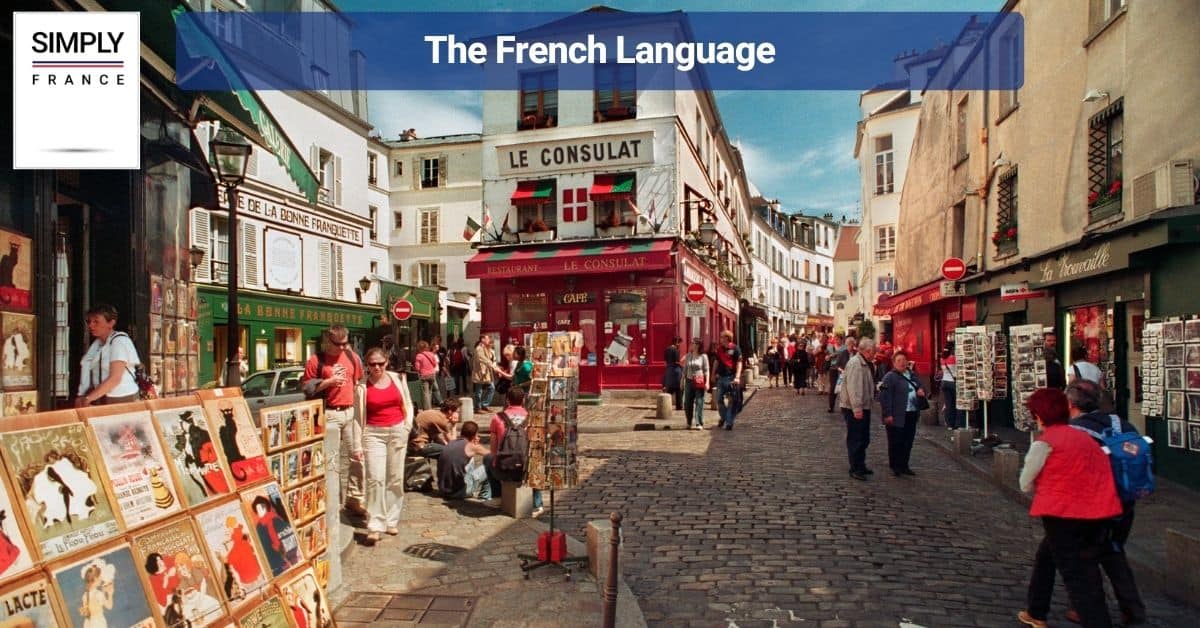
The French Food
There are many things to consider when thinking about French food- what to eat and drink. The first question is usually what is available, and the second is typically how to prepare it. When it comes to deciding what to eat, the French usually have a light breakfast followed by a large lunch and dinner is often a smaller meal, although there are exceptions to this rule.
In terms of what to drink, the French typically enjoy red wine with their meals. No discussion of French culture would be complete without mentioning wine. The French have been perfecting the art of winemaking for centuries, and they are now responsible for producing some of the world’s finest wines.
Whether you prefer red or white, there is sure to be a French wine that suits your taste. So next time you raise a glass, be sure to toast “à la santé!” However, they also have a strong culture of coffee drinking, so you will often see people enjoying coffee throughout the day.
When it comes to food, the French typically enjoy simple dishes that are made with fresh ingredients. This means that French cuisine often features vegetables, fruits, and meats that are cooked in ways that highlight their natural flavors. If you are looking for a more unique dining experience, you can also find several Michelin-starred restaurants in France.
These establishments offer some of the best examples of French cuisine, and they are definitely worth seeking out if you have the opportunity. No matter what your budget or preferences are, there is sure to be something to suit your taste in France.
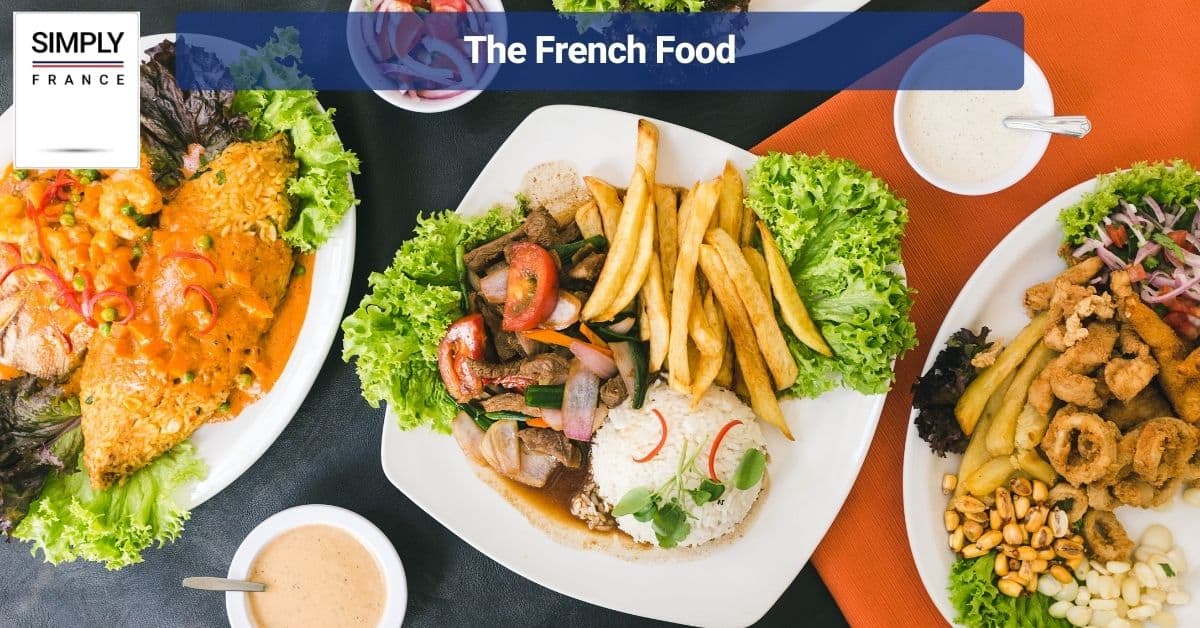
The French Fashion
The French have always been known for their style. Chic, sophisticated and always ahead of the trend, French fashion is the standard to which many other countries aspire. While other nations might experiment with different looks, the French always seem to know what works best.
This is no coincidence – the French take their fashion very seriously. For them, it is not just about looking good, but about feeling good too. A well-put-together outfit can give you the confidence you need to tackle anything – whether it’s a big presentation at work or a first date. It is no wonder, then, that the French are so often considered the best-dressed people in the world.
If you’re looking to upgrade your wardrobe, there’s no better place to start than with the French. From Coco Chanel and Yves Saint Laurent to Christian Dior and Givenchy, some of the most iconic fashion designers in history are French. If you are planning to do any shopping while in France, be sure to stop by at least one of the famous department stores on the Champs-Élysées such as Galeries Lafayette or Le Bon Marché.
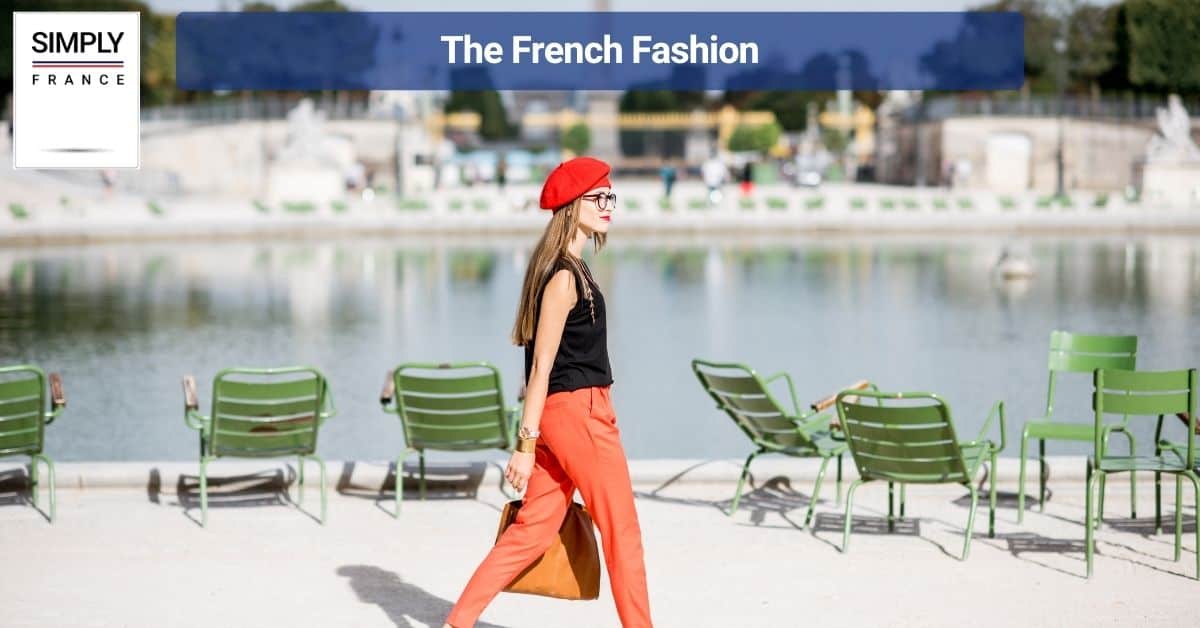
The French Art
Paris, France is home to some of the world’s most iconic pieces of art. The Louvre Museum is one of the most popular tourist destinations in the city and houses famous works like the Mona Lisa and the Venus de Milo. The Musee d’Orsay is another must-see for art lovers and is known for its collection of Impressionist paintings.
For those interested in contemporary art, the Centre Pompidou is a must-visit. This cutting-edge museum features installations by some of the world’s most innovative artists. Of course, no trip to Paris would be complete without seeing the Eiffel Tower.
This landmark was originally built as an entrance arch for the 1889 World’s Fair and has since become one of the most recognizable symbols of France. Whether you’re an art aficionado or simply looking to take in some of Paris’s sights, these are just a few of the many things to see and do in this beautiful city.
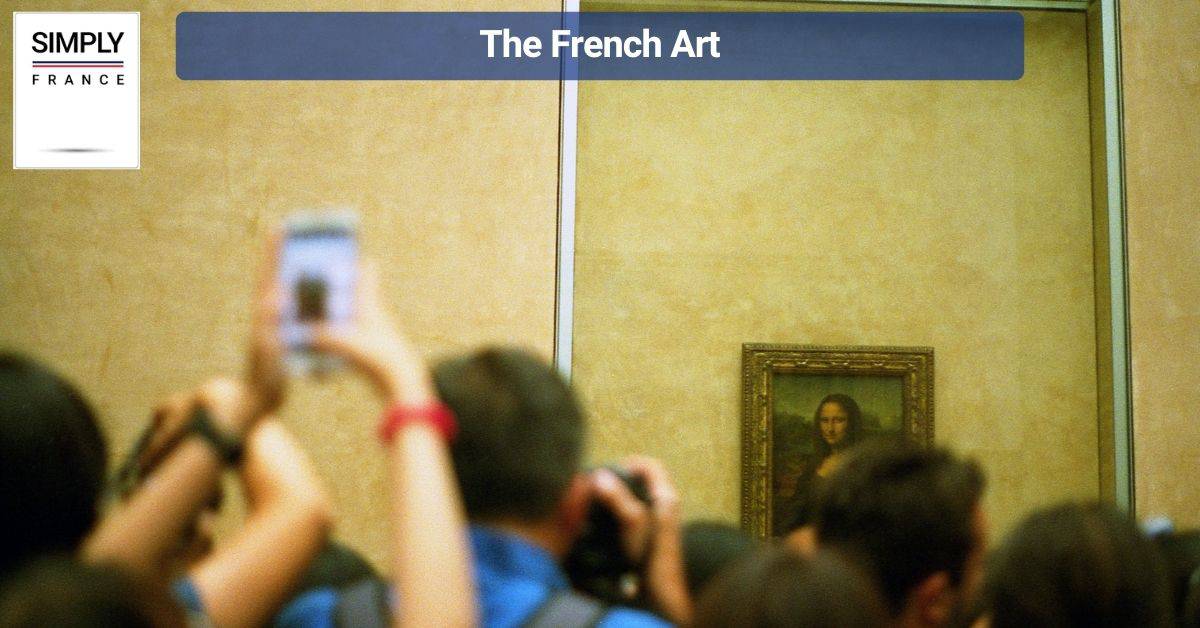
In conclusion
Overall, French culture is rich and varied, with influences from all over the world. From the famous food and wine to the beautiful architecture and art, there is so much to discover. If you are planning a trip to France, be sure to take some time to learn about the country’s culture and customs. This will help you make the most of your experience and enjoy all that France has to offer.

